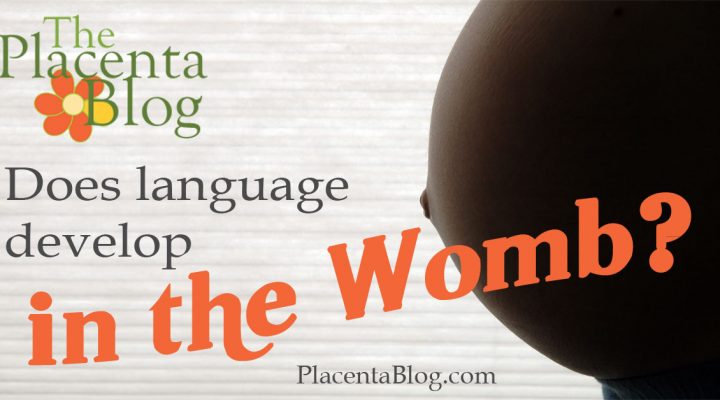A guest post written by: Rachel Thomas In honor of International Babywearing Week, we thought we’d take a moment to discuss some of the advantages and benefits to wearing your baby. Baby-wearing is a concept that has been practiced since the beginning of time in many cultures. As you will find in the discussion below, […]
babies
What do smoking pot, the munchies & breastfeeding have in common?
We’ve all heard (or maybe even experienced) how smoking marijuana can stimulate your appetite or give you the “munchies”. Well, several studies support the idea that breast milk has a similar effect on infants! That’s right, breastmilk gives babies the munchies. Within each of us lies cannabinoid receptors, found in the brain and immune […]
Can the EZ Pass prevent premature births and lead to better birth outcomes? YES!
For those of you living on the east coast, I’m sure like me, you have a deep appreciation for the EZ Pass. With an EZ Pass, instead of sitting in traffic breathing exhaust and slowly inching up to the toll booth with your dollar bills in hand, you can drive right through the terminal. Because […]
Language development begins in the womb
Evidence suggests that babies at 28 weeks gestation can distinguish certain syllables such as “ga” and “ba” and identify male and female voices. “Experts already know that babies are able to hear noises in the womb – the ear and the auditory part of the brain that allow this are formed by around 23 […]
IV Fluids Given At Birth Affects Newborn’s Weight; May Impact Breatfeeding
We’ve all heard stories, some of us have even lived them. Your newborn has lost more than 10% of their birth weight, causing concern in hospital staff. The concern is that your milk production is not adequate and you are told to supplement with formula. As you can imagine, this can be a huge blow […]
Placenta Implicated In Autism Risk
The placenta, the organ responsible for for nourishing your baby and regulating maternal-fetal interactions, may be a contributing factor in a child’s autism diagnosis. “There is increasing evidence implicating the placenta in autism risk. For example, abnormal inclusions of trophoblasts, the cells that comprise the placenta, are found more frequently in placentas from mothers of […]

